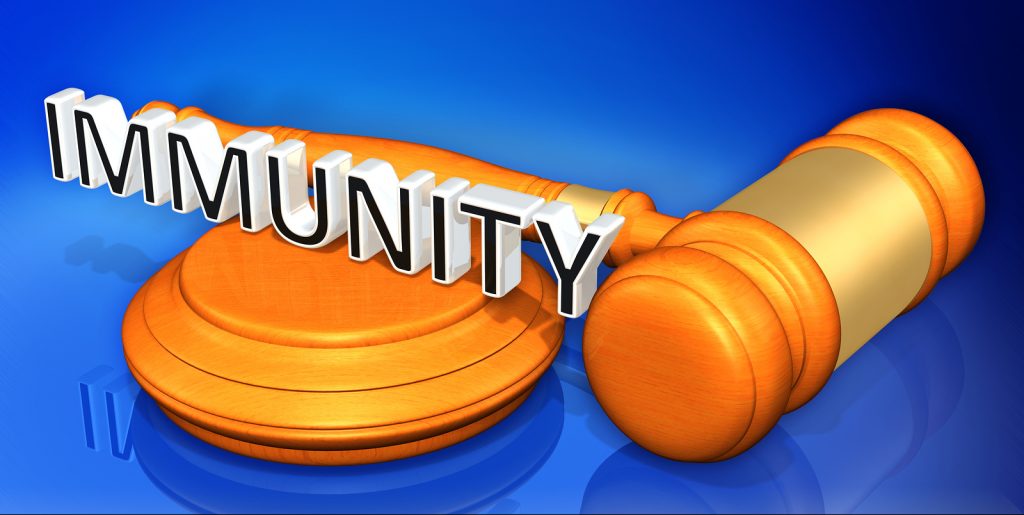The Law Office of David E. Lewis has the aggressive and professional Indianapolis criminal defense lawyers you need to avoid being sentenced to the maximum penalties for your criminal charges. Continue reading to learn why we are a leading criminal defense law firm in Indiana, and what we will do to ensure your rights are protected and your freedoms are preserved. We may even be able to help clean up your arrest record.

The Law Office of David E. Lewis provides criminal defense representation for anyone facing criminal charges in Indianapolis, as well as, throughout the entire state of Indiana. Our highly experienced criminal defense attorneys are well-versed and seasoned in criminal law, and will work around the clock to ensure you are not subjected to the maximum penalties for your Indiana criminal charges.
Criminal Cases We Represent
Here at the Law Office of David E. Lewis, our seasoned Indianapolis criminal defense lawyers aggressively represent most state and federal criminal cases, including DUI charges, marijuana charges, heroin charges, cocaine charges, theft charges, white collar crimes, sex crimes, violent crimes, misdemeanor charges, felony charges, domestic violence charges, probation or parole violation charges, and much more. Although we represent several areas of criminal law, we specialize in drunk driving defense, so if you are charged with a DUI or OWI, we can conceivably help you avoid jail time and possibly lower or dismiss your charges.
Indiana Criminal Record Expungement
Want to clean up your criminal record? With our help, you might be able to as early as this year! You see, criminal record expungement is now legal in our state, but only under very explicit conditions. And applicants are only allotted one single opportunity to file for expungement in their lifetime. YOU CANNOT PETITION TWICE.
To make matters more challenging, only certain offenses can be expunged, and courts will only grant record expungement based on several key requirements. David E. Lewis, Attorney at Law, is well-versed in the new Indiana criminal record expungement laws, and knows the precise procedure to obtaining approval. He provides criminal record expungement services starting as low as $850!
Learn About Your Criminal Defense Needs
Call the Law Office of David E. Lewis at 317-636-7514 to schedule a free initial consultation to determine the best strategies for defense pertaining to your individual charges and criminal history. When you call the Law Office of David E. Lewis, you can expect to reach a knowledgeable and friendly legal representative that will ask you a series of questions while setting up your free initial appointment. You can also submit an email directly from our website.
You can trust that all the information you give over the phone and in-person will be handled discreetly and with the upmost care and concern. Most importantly, our office is a 100% judgement-free zone, and you will feel warmth and welcome as if you were family every time you walk through our doors.










